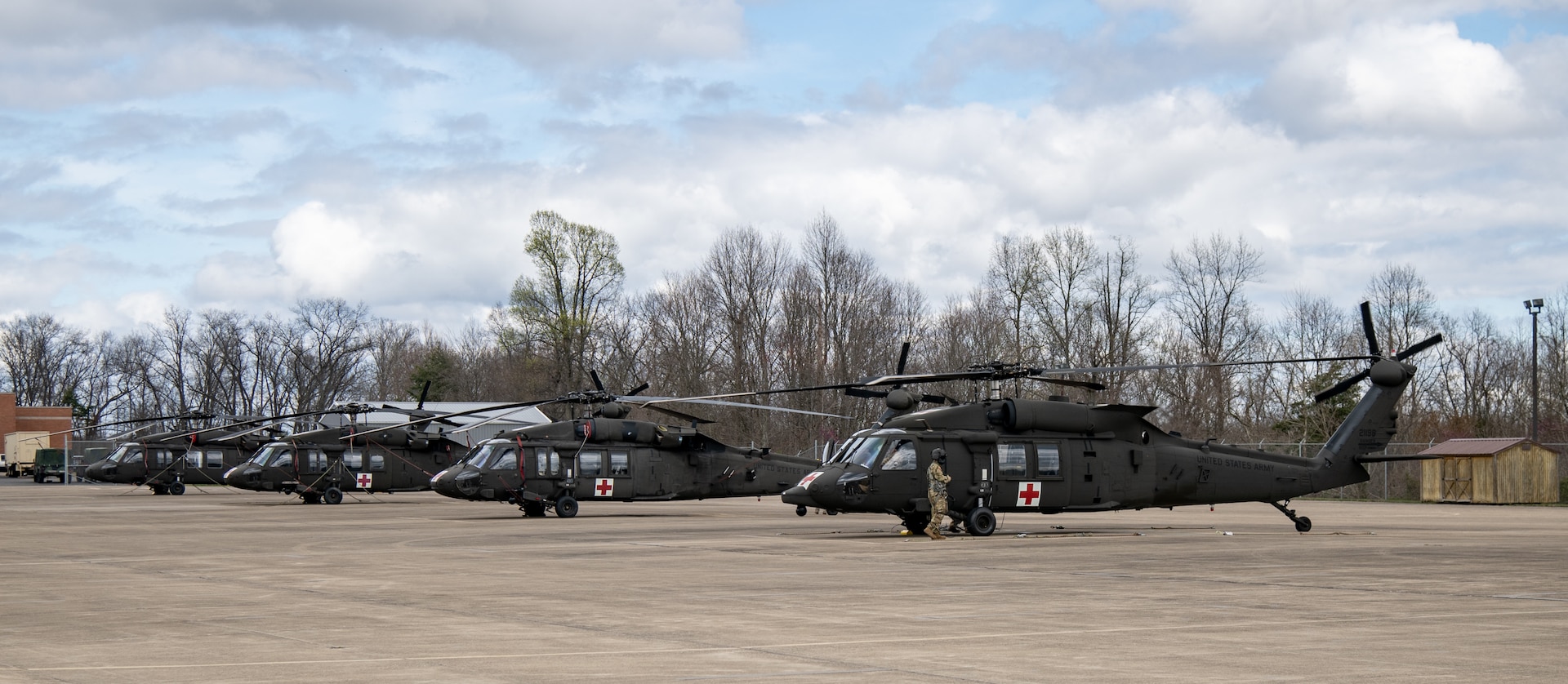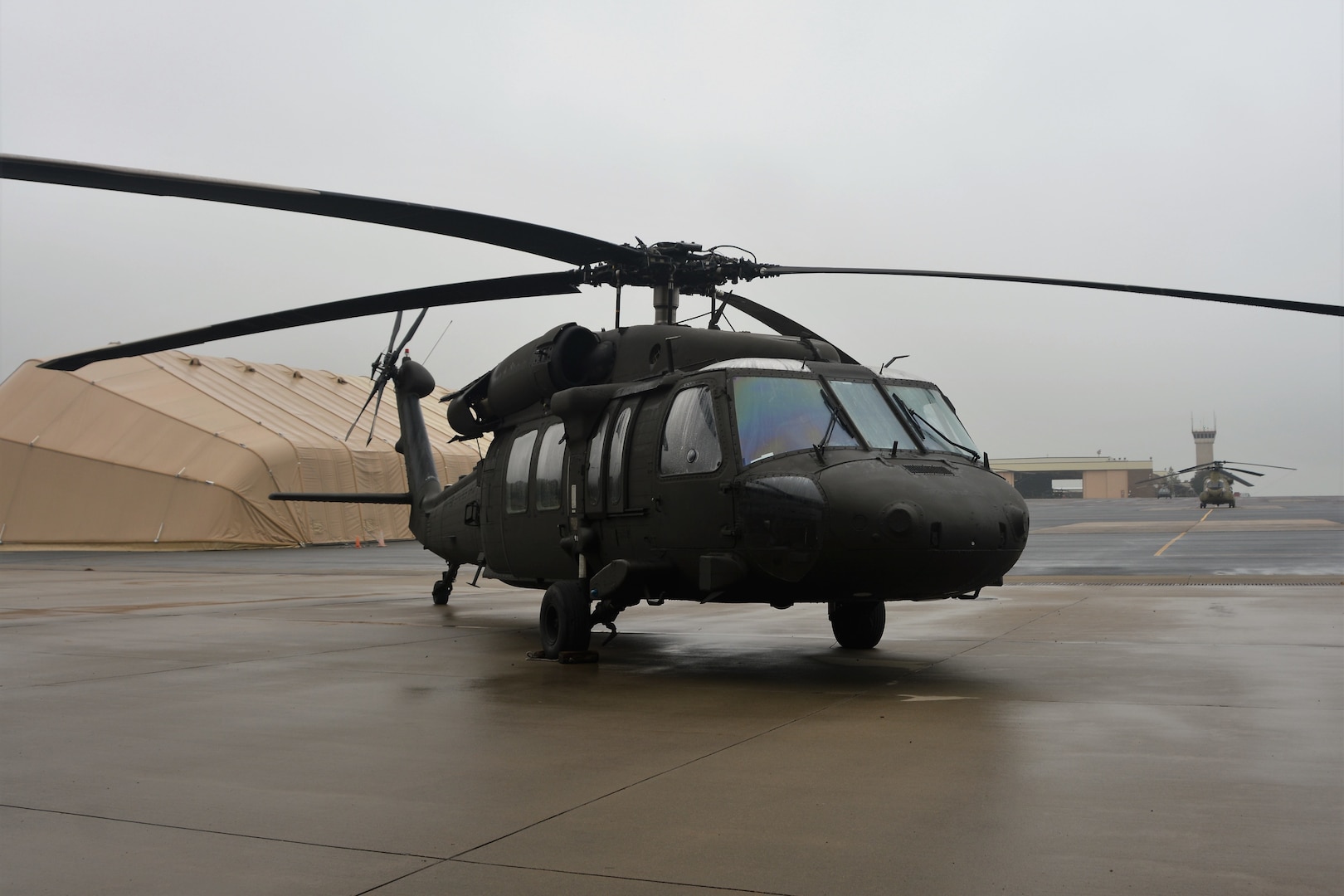UH 60 Helicopter: Advanced Avionics and Battle Systems
UH 60 Helicopter: Advanced Avionics and Battle Systems
Blog Article
The Duty of Airplane fit Global Transport and Profession Dynamics
The evolution of airplane has indelibly transformed worldwide transportation and profession dynamics, facilitating extraordinary levels of connection and efficiency. Via the facility of durable air freight networks, businesses can now browse worldwide markets with remarkable rate and agility, consequently redefining supply chain techniques. Nevertheless, this change is not without its difficulties, as the aeronautics market grapples with sustainability issues and governing pressures. As we discover the diverse impacts of aircraft on international profession, it is important to consider exactly how these factors will form the future landscape of aviation and its duty in the economic climate.

Development of Air Transport
The evolution of air transportation has actually been marked by significant technological innovations and developments that have transformed the method people and items cross the globe. From the Wright bros' first powered flight in 1903 to the development of supersonic jets, each landmark has actually underscored the ruthless pursuit of effectiveness and speed in air travel. Early airplane were mostly fundamental, limited by engine power and architectural integrity. However, the introduction of sophisticated products and the rules of aerodynamics in the mid-20th century brought about substantial enhancements in airplane efficiency, reliability, and security. uh 60.
The last part of the 20th century saw the emergence of commercial aviation as a sensible setting of transport, identified by the intro of jet engines, which revolutionized flight by dramatically minimizing trip times. Additionally, innovations in navigating and interaction technologies have improved operational performance and security, permitting even more complicated flight routes and timetables. The increase of air freight in parallel with passenger solutions has actually even more underscored the versatility of aeronautics. As we aim to the future, arising innovations such as self-governing and electric aircraft assurance to redefine the air transportation landscape, guaranteeing ongoing development and adaptation to global needs.
Influence On Global Trade
Air transport has exceptionally reshaped global trade by helping with the swift movement of items across large ranges. This expedited logistics ability permits services to react rapidly to market needs, thus boosting supply chain efficiency. The capacity to transfer subject to spoiling goods, high-value products, and time-sensitive products has opened up brand-new markets and opportunities for numerous industries, substantially affecting trade patterns.
Furthermore, the development of air freight networks has actually cultivated globalization, enabling business to source materials and products from different components of the globe flawlessly. This interconnectedness decreases preparations and expenses, allowing companies to stay affordable in a significantly worldwide market. In addition, air transport plays an important function in ecommerce, where consumer expectations for fast shipment have actually driven a rise popular for air cargo services.
The impact of aircraft on worldwide trade prolongs to the creation of tactical trade routes, connecting regions and assisting in global collaborations. Countries that spend in air transport infrastructure frequently experience improved economic growth and raised foreign straight investment. Overall, the advancement of air transport has not only transformed the logistics landscape yet has likewise become an important element in the dynamics of global trade.

Financial Advantages of Aviation
A robust aviation field produces considerable economic advantages, contributing to task production, tourism, and total financial growth - uh 60. The aeronautics market supports numerous tasks worldwide, varying from direct employment in airline companies and flight terminals to indirect functions in sectors such as friendliness, transportation, and logistics. According to industry reports, for every work in the aviation field, approximately 3.5 additional jobs are produced in the more comprehensive economy
Tourism is a pivotal aspect of the economic benefits stemmed from aeronautics. Flight assists in worldwide tourist, enabling vacationers to check out varied learn this here now destinations, which subsequently stimulates regional economic situations. Countries that buy their air travel framework typically experience raised tourist arrivals, causing higher investing on services such as restaurants, hotels, and destinations.

Moreover, aeronautics boosts international connectivity, allowing businesses to access new markets and sources effectively. As a result, fields such as shopping and manufacturing benefit tremendously from trusted air transport, additional driving economic expansion.
Challenges Facing the Aeronautics Sector
Navigating a complex landscape of governing, ecological, and economic challenges, the aviation sector deals with considerable difficulties that threaten its sustainability and development. Laws bordering security and protection are continually progressing, requiring ongoing conformity and adaptation from producers and airlines (uh 60). This can bring about boosted operational prices and source appropriation that detracts from technology and expansion initiatives
Furthermore, ecological worries have come to be vital, with growing analysis over carbon exhausts and sound pollution. The sector is under pressure to take on greener technologies and techniques, which commonly need considerable investment in research study and growth. Stabilizing these environmental obligations with the need for air traveling presents a substantial challenge.
Financial fluctuations, such as increasing gas costs and geopolitical unpredictabilities, further complicate the landscape. Airlines often grapple with unstable operating expense and varying guest demand, which can affect productivity and lasting planning. Labor lacks and ability gaps in important locations add an additional layer look at more info of complexity, impeding functional effectiveness.
Inevitably, dealing with these diverse difficulties is vital for the air travel industry to maintain its crucial role in global transportation and trade, while ensuring resilience and flexibility in a significantly open market.
Future Patterns in Flight
Arising innovations and shifting customer choices are poised to reshape the future of air traveling dramatically. The combination of expert system and maker learning is expected to enhance functional effectiveness, enhance flight terminal processes, and enhance customer care. Predictive analytics will assist in more accurate demand forecasting, allowing airline companies to enhance trip schedules and pricing designs.
Sustainability is becoming a vital motorist in air traveling, with the air travel market increasingly concentrated on reducing carbon exhausts. Technologies in airplane style, such as hybrid and electric propulsion systems, are being explored to fulfill ecological targets. The adoption of lasting aviation gas (SAFs) is anticipated to play an essential function in achieving net-zero emissions by 2050.
Customer preferences are moving towards personalized traveling experiences. Airlines are buying innovative data analytics to customize solutions and enhance consumer interaction, guaranteeing an extra personalized journey from scheduling to arrival. In addition, the surge of remote work may bring about enhanced need for leisure travel, as people seek to integrate work and trip.
Conclusion
The development of air transport has transformed global profession, generating substantial financial benefits while also providing obstacles that require tactical administration. The ongoing adjustment of the aeronautics market will be crucial for sustaining its payments to the worldwide economic climate.
The latter component of the 20th century experienced the introduction of business air travel as a feasible setting of transportation, identified by the intro of jet engines, which revolutionized air travel by considerably minimizing flight times. The surge of air cargo in parallel with guest solutions has actually further highlighted the versatility of aviation. Additionally, air transport plays a critical function in shopping, where consumer expectations for rapid shipment have actually driven a rise in demand for air freight solutions.
Overall, the development of air transportation has not only changed the logistics landscape yet has additionally end up being a crucial element in the dynamics of international profession.
Sustainability is ending imp source up being a crucial driver in air traveling, with the aviation market significantly concentrated on minimizing carbon emissions.
Report this page